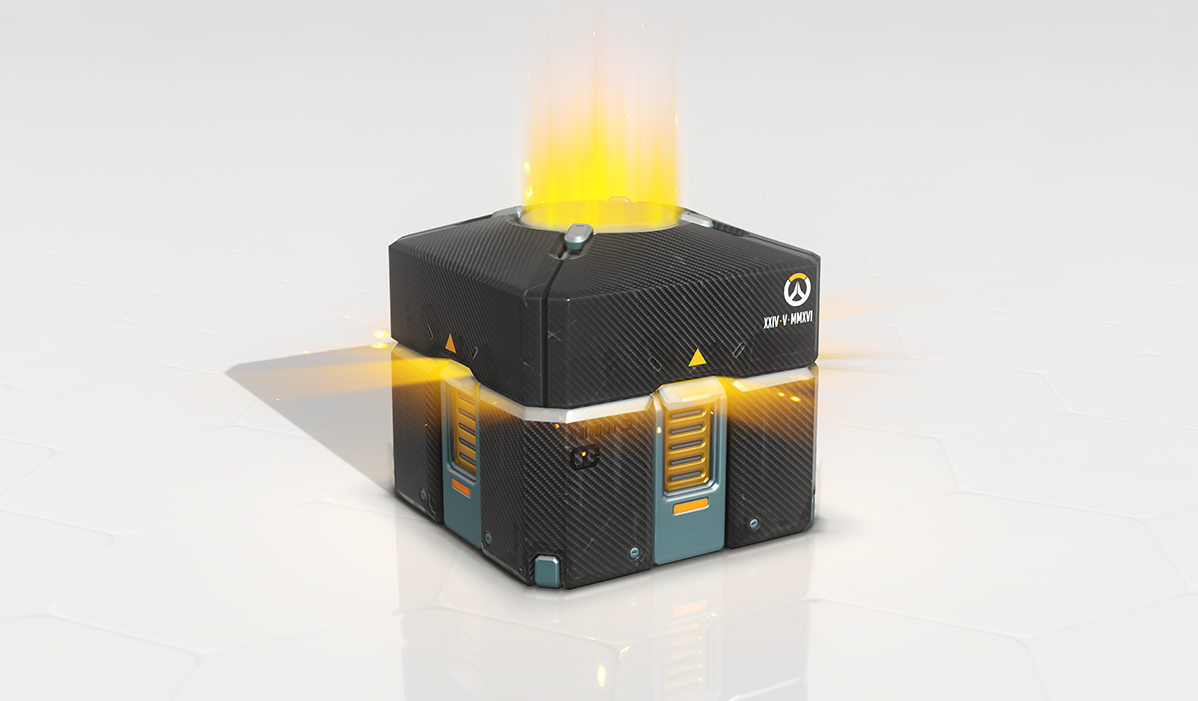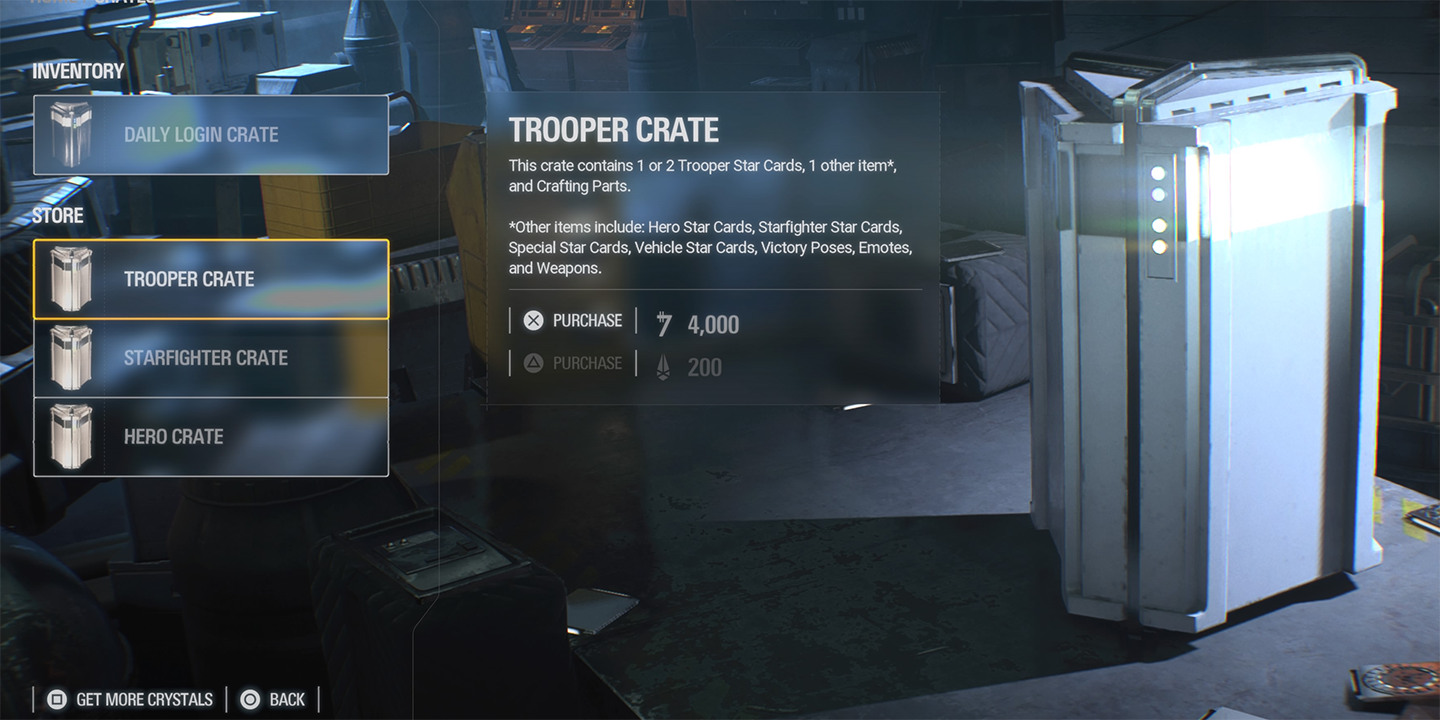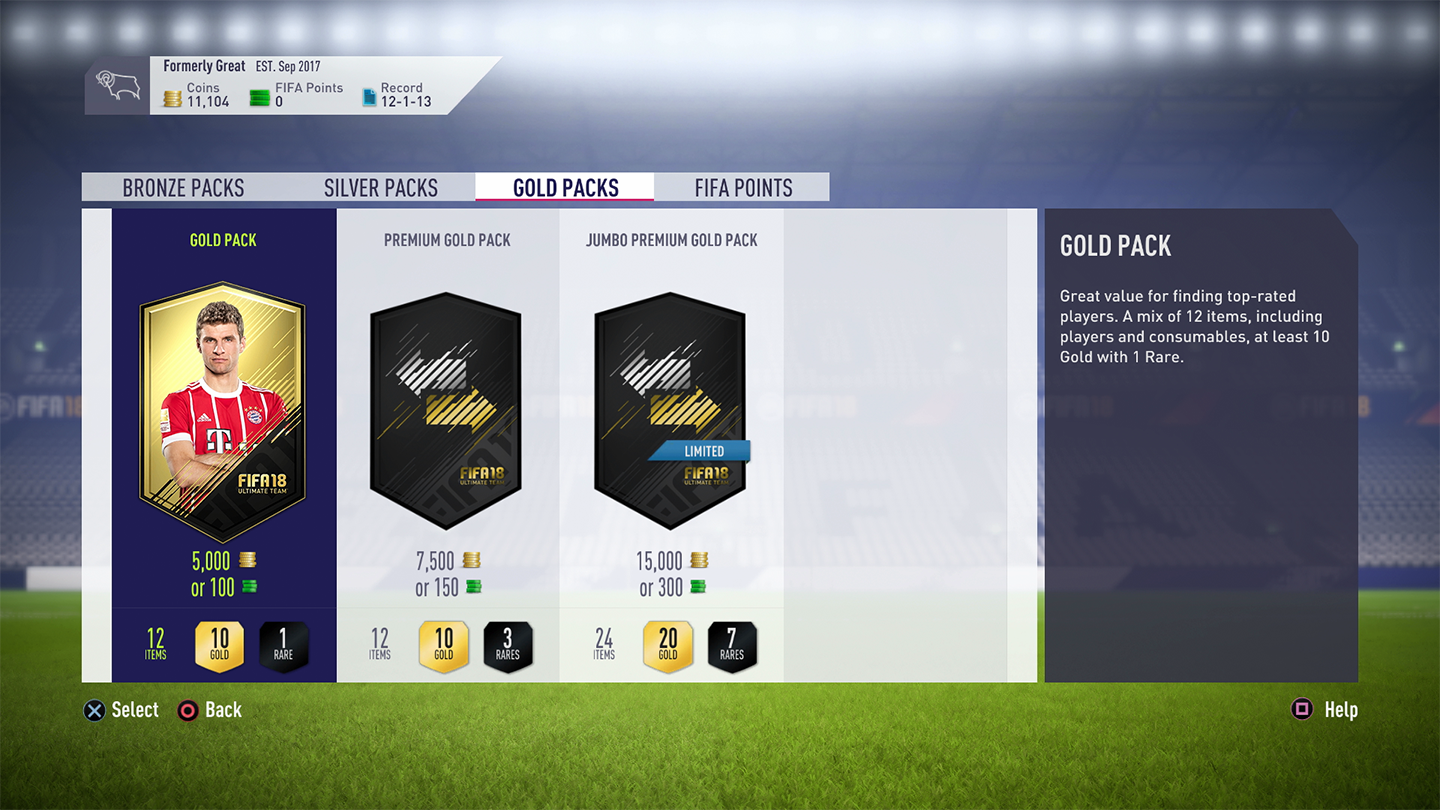As reported by Eurogamer, Belgium assessed the systems in place in Star Wars Battlefront 2, FIFA 18, Overwatch, and Counter-Strike: Global Offensive, finding all but Star Wars in violation. Potential consequences include up to five years in prison and an €800,000 fine, which could be doubled due to the consumer base being comprised of so many minors. The Netherlands also found FIFA 18 at fault, as well as Dota 2, PlayerUnknown's Battlegrounds, and Rocket League, demanding that the games outlaw addictive elements like flashy graphics and the ability to purchase multiple boxes in rapid succession.
In the U.S., Hawaii state representative Chris Lee delivered a statement via YouTube that called loot boxes a predatory practice. “Star Wars-themed online casino designed to lure kids into spending money... It's a trap,” says Lee (making an inadvertent reference to Admiral Ackbar's legendary line in Return of the Jedi in the process). He recently proposed House Bill 2686, which regulates retailers from selling such games to minors, as well as House Bill 2727, which would force publishers to disclose the odds of winning specific items and allow the Department of Commerce to audit the game code for confirmation. The states of Washington and Indiana have both followed suit with bills of their own.
However it shakes out legally, the pressure to buy a competitive edge has undoubtedly changed the world of video games, and it's no coincidence that this creative monetization comes on the heels of gaming becoming recognized as a professional sport. Given the incredible revenue stream, it doesn't seem like that they will be disappearing anytime soon, but if elements of chance are removed for legal reasons, that might even further encourage a pay to play philosophy. Right now, the answer might just be up to chance.





